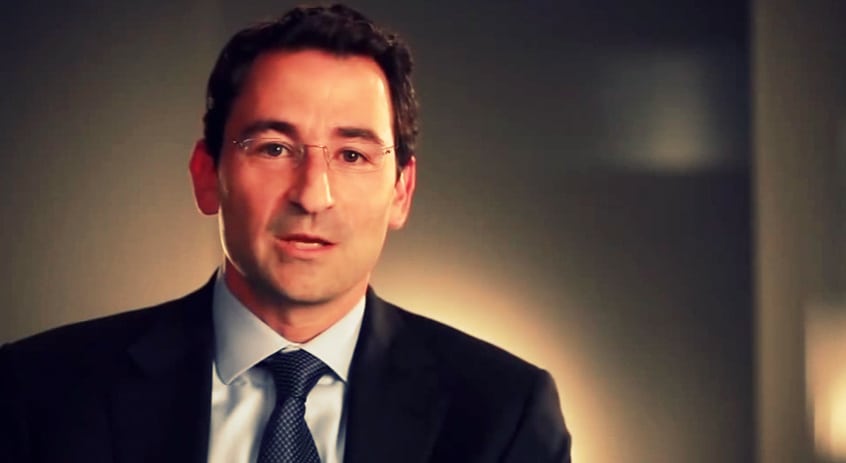Skift Take
Blackstone had the resources and stomach to stick with its instincts, relying on data, and bought up distressed properties to great advantage during the recession. It is not a company to bet against.
Jonathan Gray, Blackstone’s global head of real estate, wasn’t crazy about the headlines during the recession that essentially said the company wasn’t very smart about the way it was investing its capital, including in hotel chains such as Hilton Worldwide and Extended Stay America.
Blackstone ignored the unsolicited advise, though.
“You have to separate the noise from what is actually happening on the ground,” Gray said June 2 during an on-stage interview at the 36th Annual New York University International Hospitality Industry Investment Conference in Manhattan. “You don’t generate returns from consensus.”
Gray said Blackstone held the fundamental view that the downturn that started in 2007 was cyclical rather than “secular,” and that led the company to make such moves as writing an “$800 million check” to buy Hilton debt at attractive rates, and to keep buying shopping centers and hotels at distressed rates.
When analytics and data show there is opportunity, despite the “noise,” you “go take advantage of that and move quickly,” Gray said, responding to questions from Rebecca Jarvis, chief business and economics correspondent of ABC News, who moderated the session.
Gray noted that Blackstone ended up investing $6 billion in Hilton Worldwide, which executed a successful IPO in 2013, and that’s currently valued at $17 billion.
“There is no question when we wrote a check for $800 million in the middle of the crisis to buy additional debt, people weren’t saying this is no-brainer,” Gray said.
Hilton Worldwide CEO Christopher Nassetta had a bold vision to grow the chain aggressively from its U.S. base, and the company acquired assets in Asia, including China, Gray said.
In addition to reacquiring Extended Stay America at a discount from what Blackstsone sold it for a few years earlier, Blackstone acquired Motel 6 around 18 months ago, Gray said, noting it was a fundamentally good brand with a “few problems.”
“It’s like showing up at a garage sale and saying this thing is worth more than people realize,” Gray said, referring to Motel 6.
Blackstone realized it has the opportunity to aggressively expand Motel 6’s franchise business, and this can be very profitable without making big asset commitments to do so.
Speaking of brands, Gray argues that brands can have lots of value because there are a limited number of them that can capture consumers and generate revenue.
Asked for a stock tip and whether he likes Marriott or Starwood, Gray dodged the question for the most part, but said he likes both because of their global footprint.
Other sectors that are attracting the interest of the globe’s largest hotel investor these days are limited service hotels such as Blackstone’s Motel 6, La Quinta and Extended Stay America, all of which are performing well, as well as converted hotels, Gray said.
He said converted hotels can add a lot of value. “We think that can be a terrific business,” Gray said.
Have a confidential tip for Skift? Get in touch
Tags: blackstone, conferences, extended stay, hilton
Photo credit: Jonathan Gray, Blackstone's global head of real estate, says the company analyzed the data and ignored critics, and kept buying up hotels and investing during the recession. YouTube Video screenshot.
